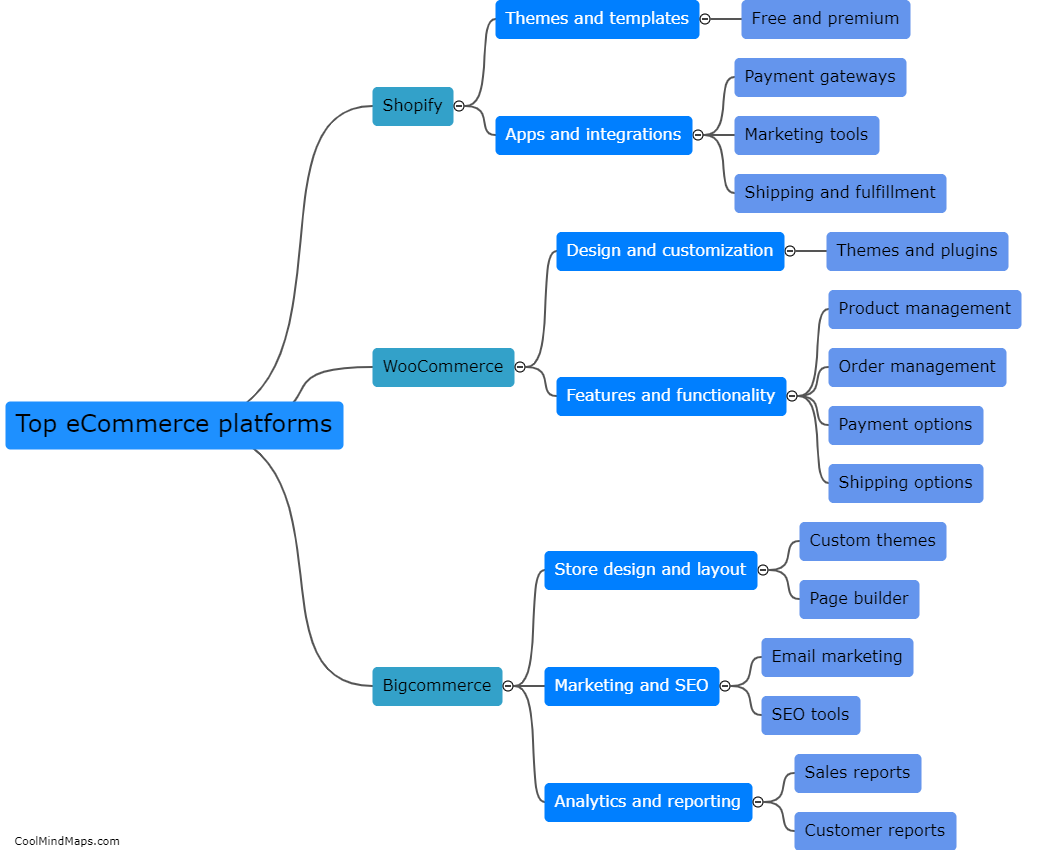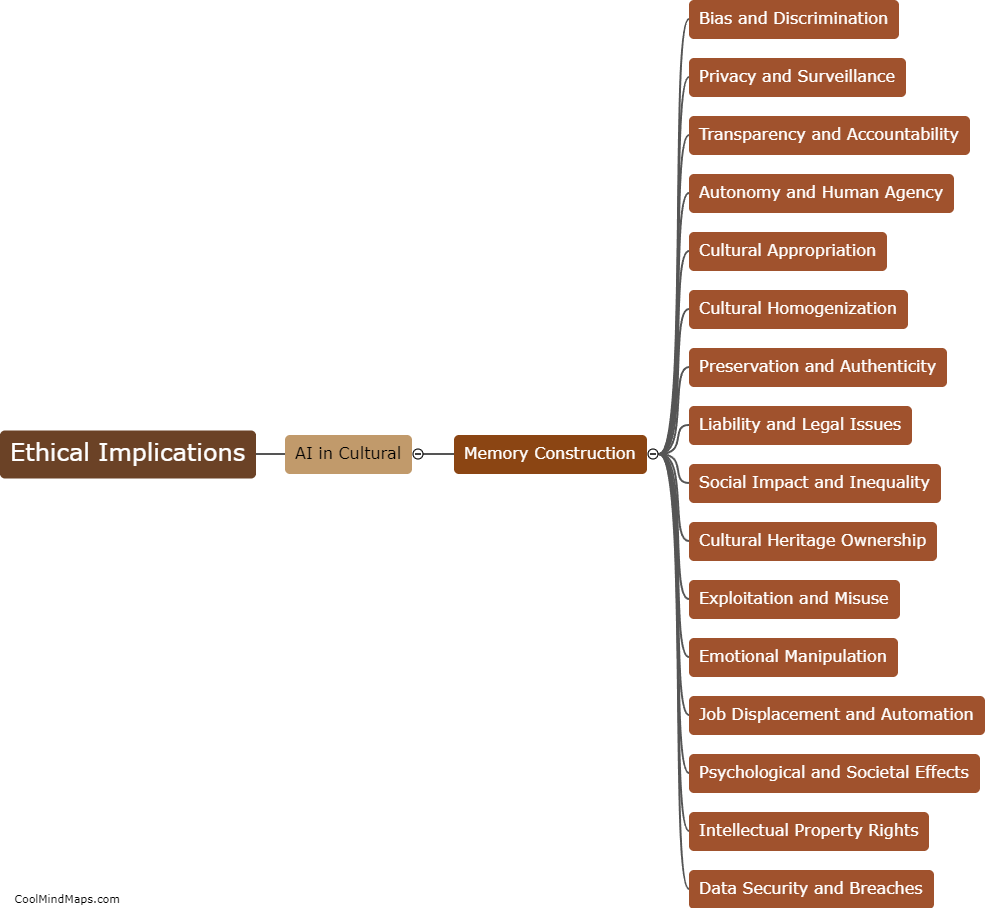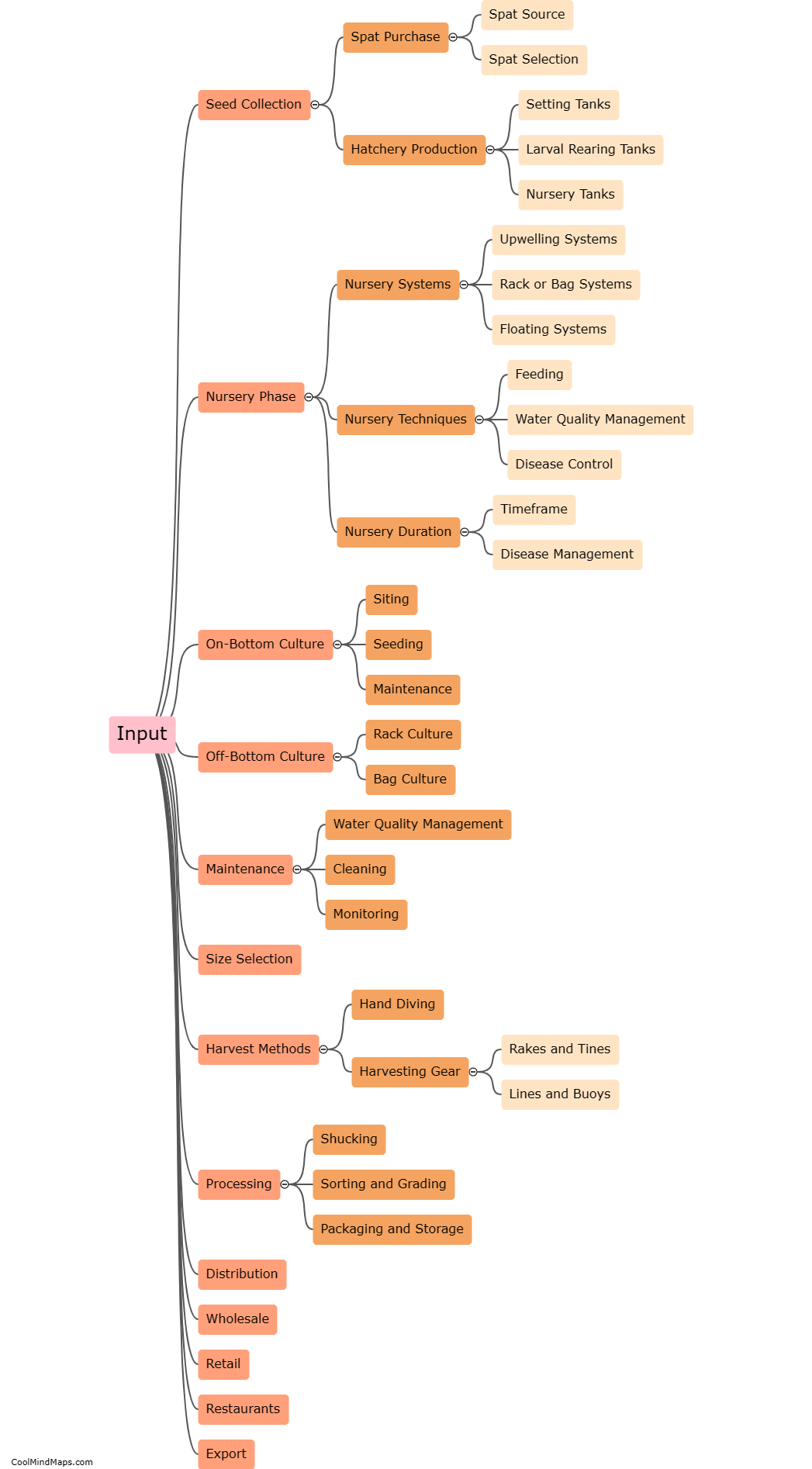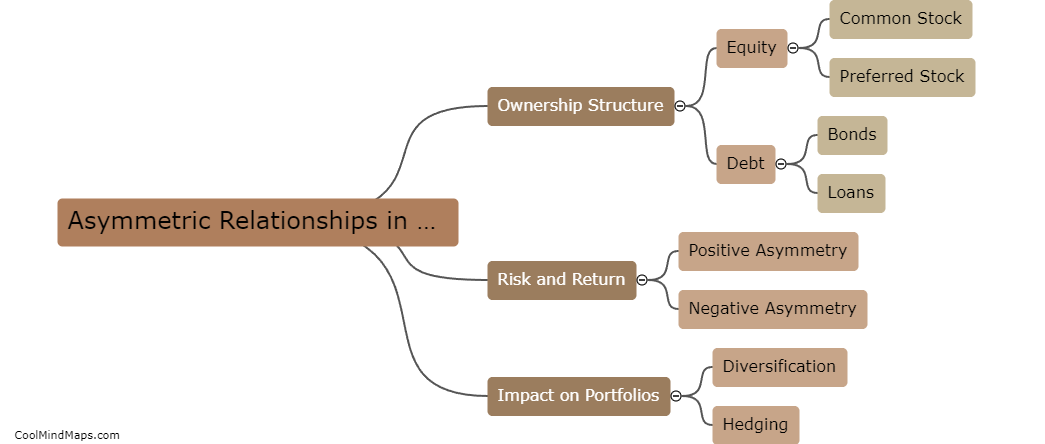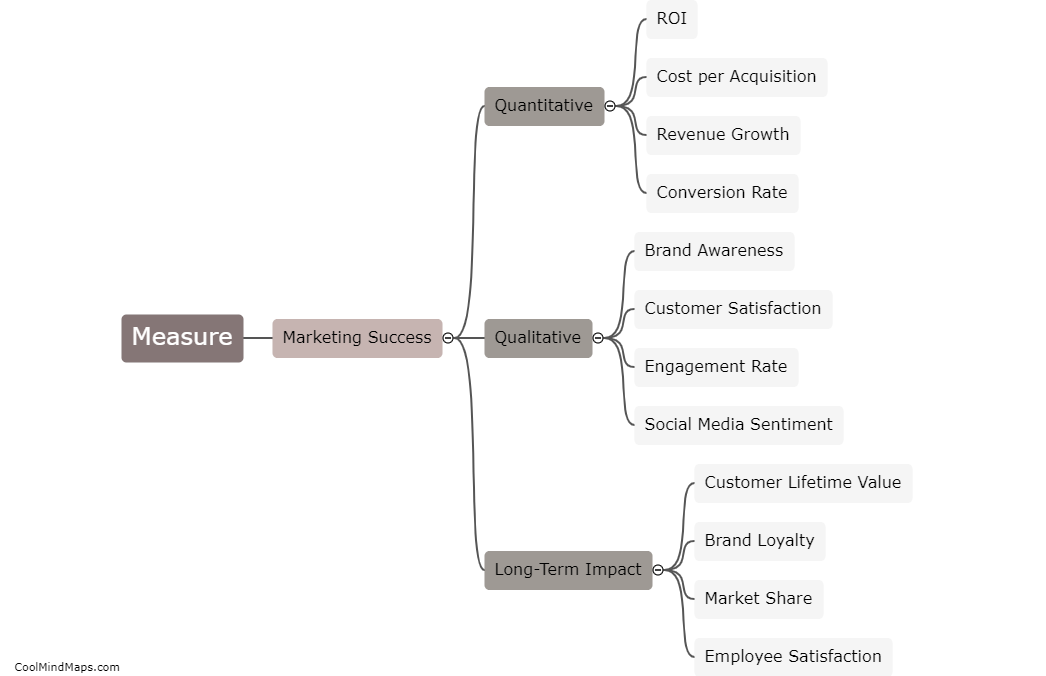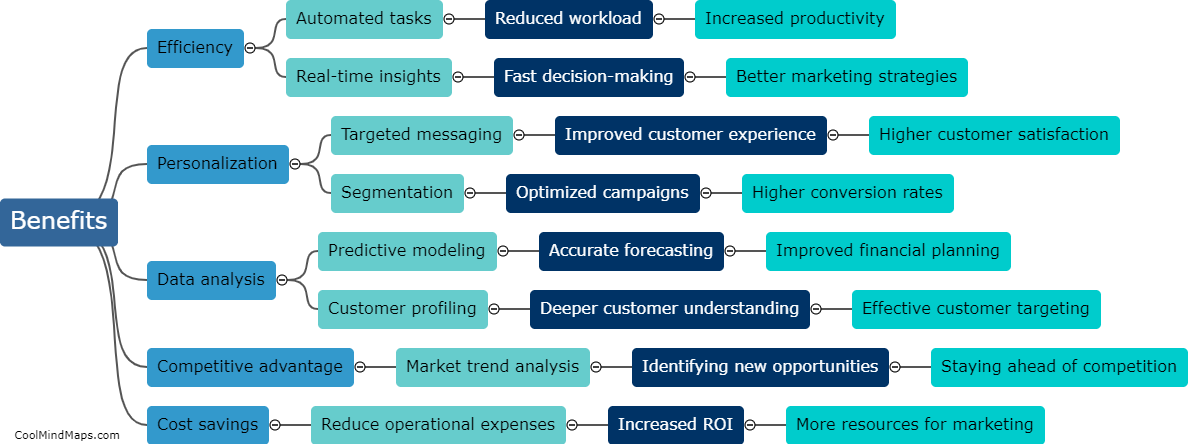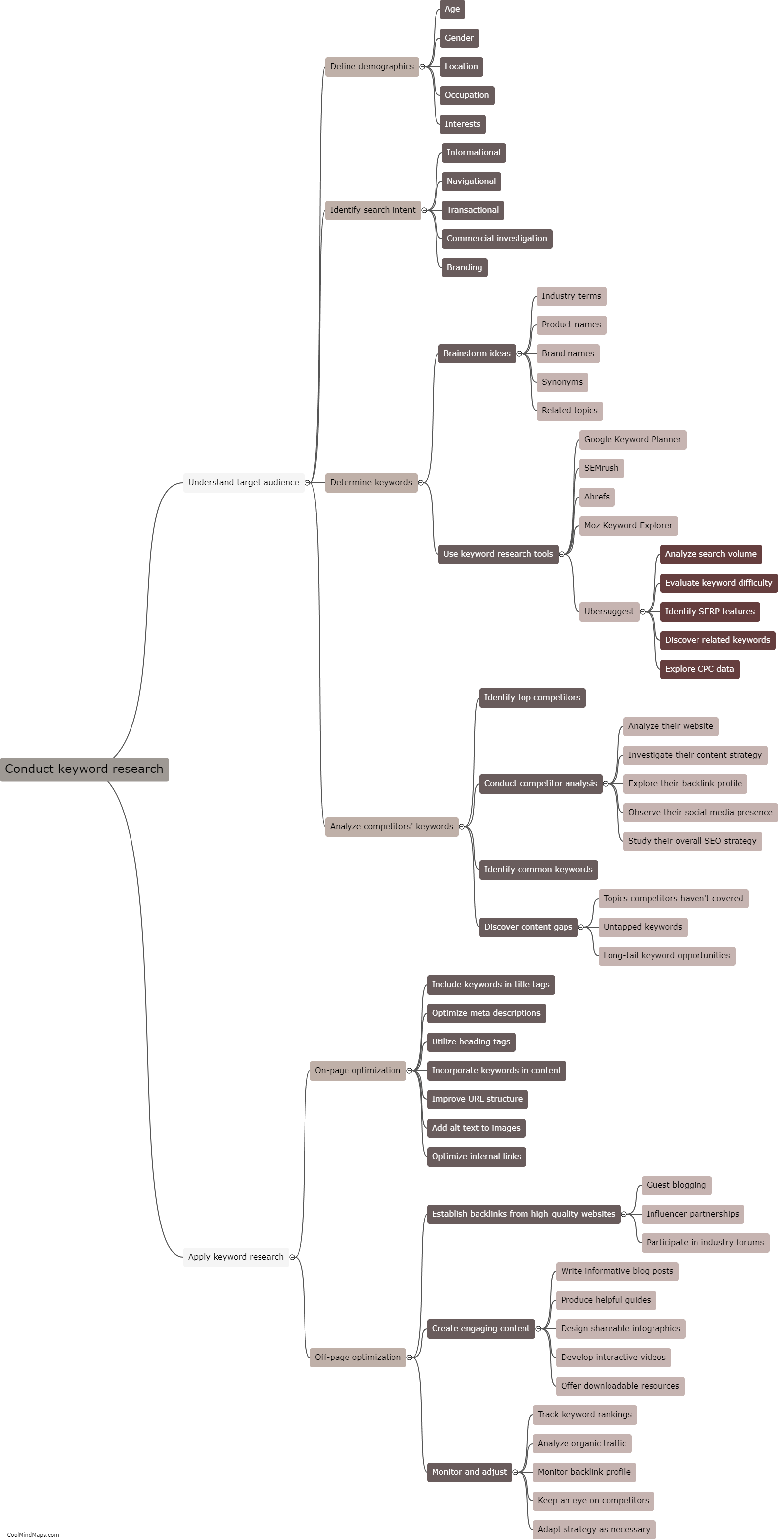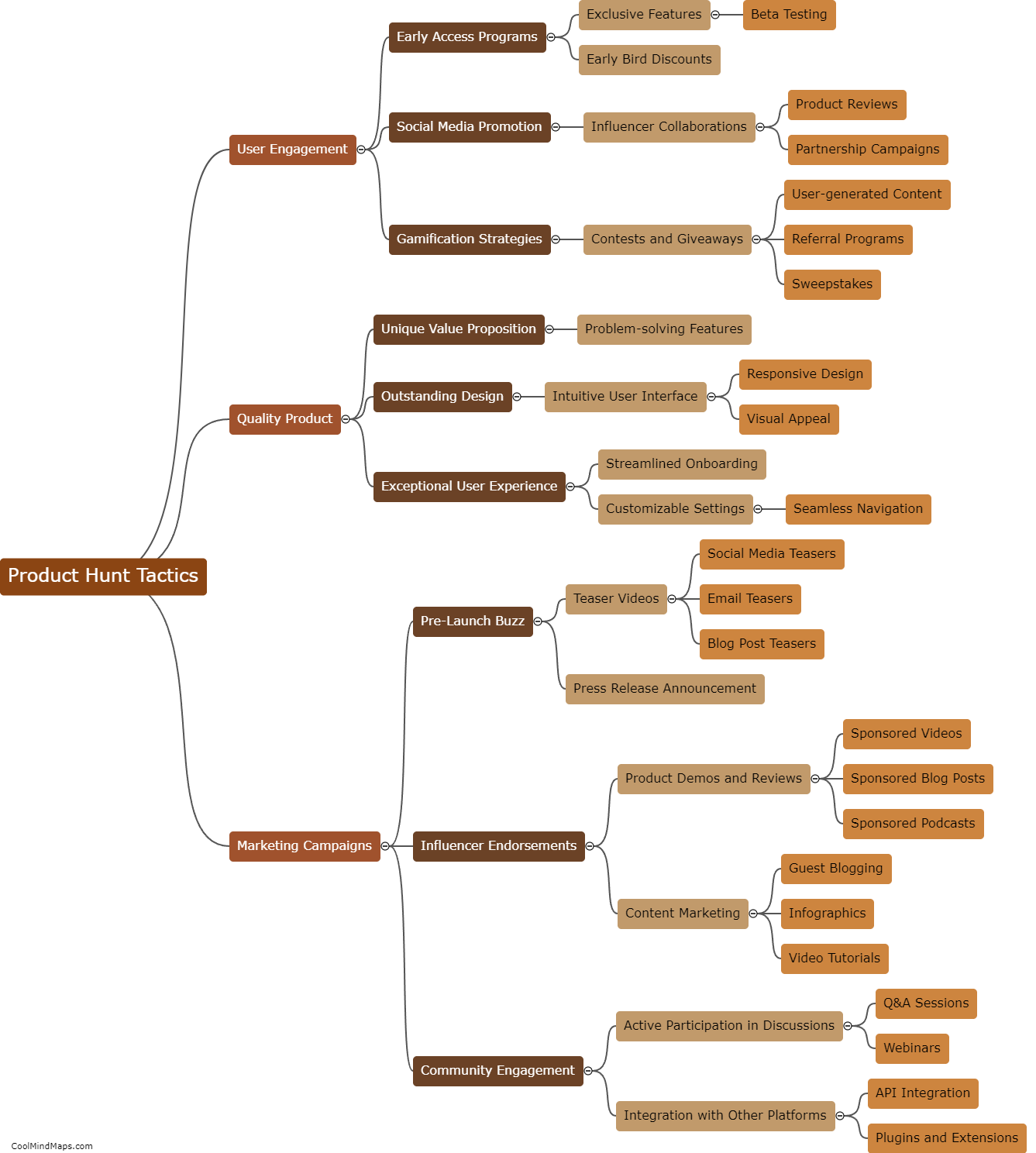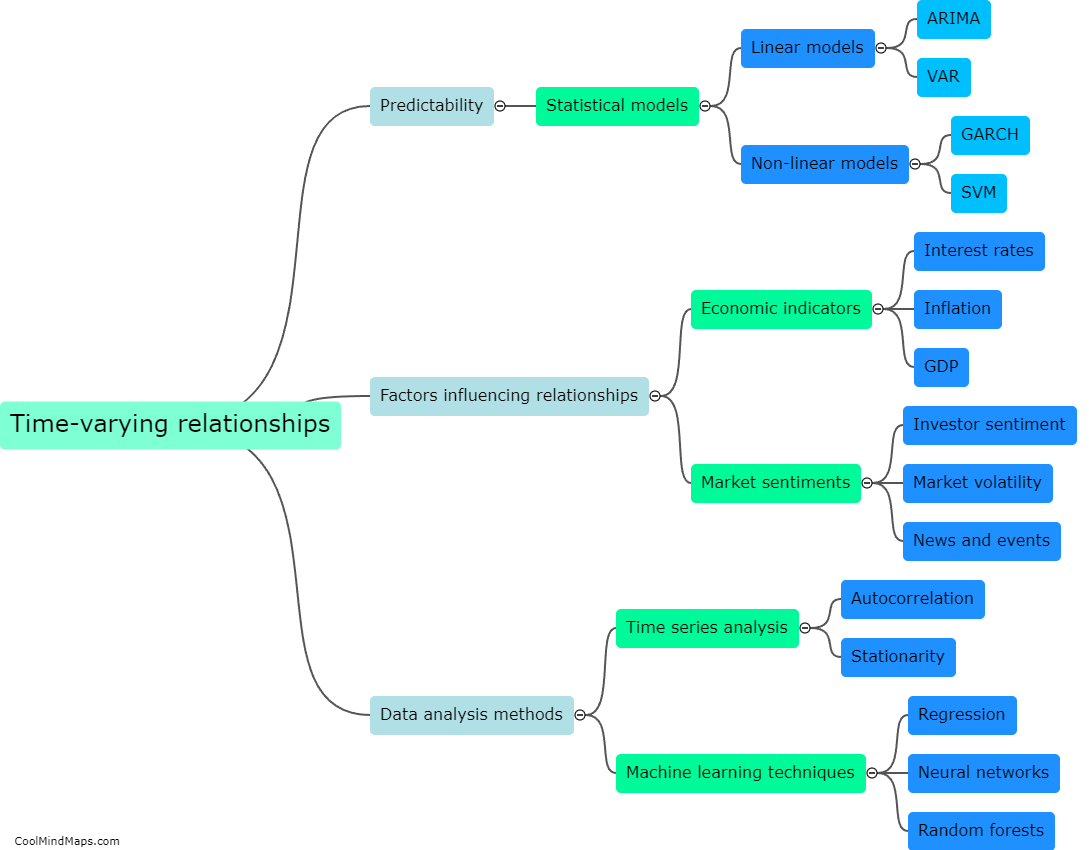What are the key principles in human-centred AI experience design?
Human-centered AI experience design is focused on creating AI systems that prioritize the needs, abilities, and well-being of humans. It is centered around key principles that ensure a positive and ethical AI experience. One important principle is transparency, where AI systems should clearly communicate their intentions, capabilities, and limitations to users. Another principle is fairness, which emphasizes ensuring AI systems do not introduce bias or discriminate against individuals or groups. Accessibility is also crucial, ensuring that AI systems are usable for all individuals, regardless of their abilities or disabilities. Additionally, privacy and security must be upheld, with AI systems safeguarding user data and maintaining user trust. Finally, accountability is essential, requiring AI systems to be held responsible for their actions and outcomes, while providing mechanisms for feedback, recourse, and meaningful human control. By adhering to these principles, human-centered AI experience design can create AI systems that enhance and empower individuals, while addressing societal challenges responsibly.
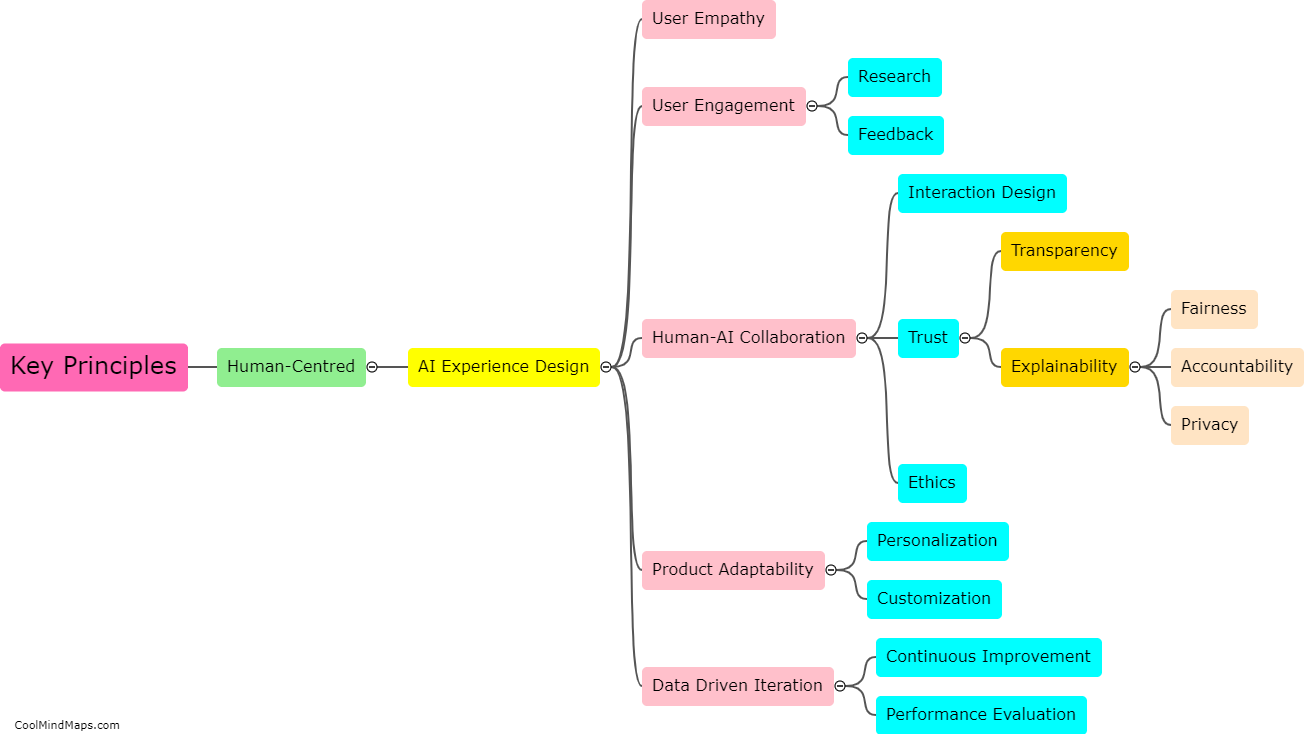
This mind map was published on 21 December 2023 and has been viewed 96 times.
